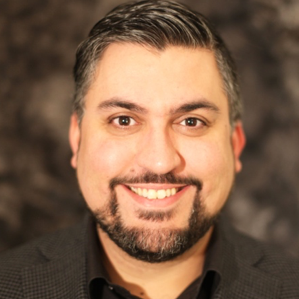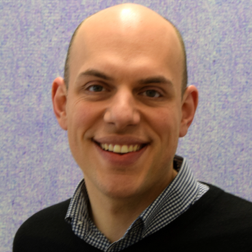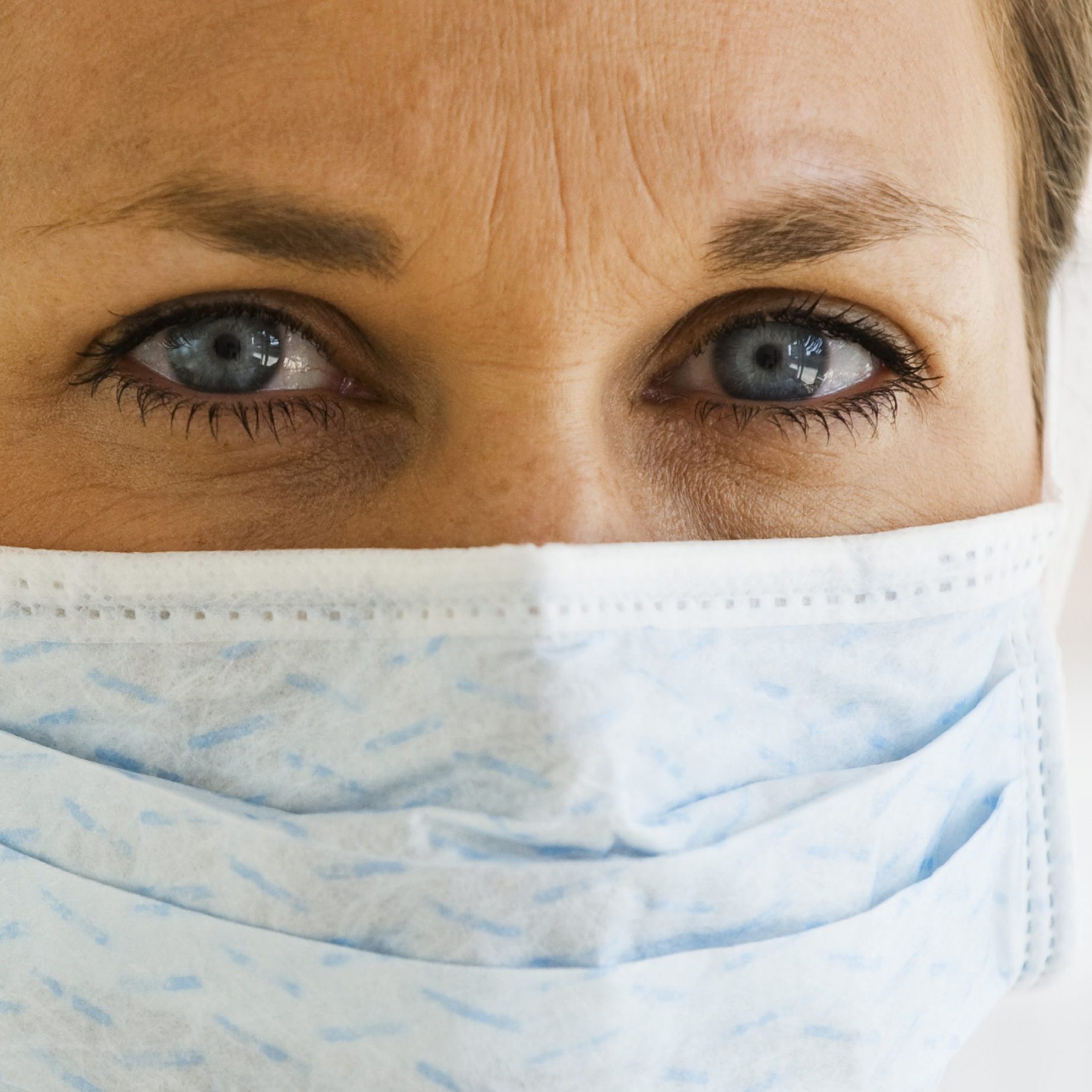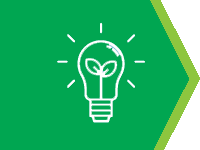Let’s do this. Because research is HOPE.
Without a doubt, 2020 has been unlike anything we could have imagined. Sadly, 1 in 3 Americans is currently showing signs of clinical anxiety and depression, many for the first time. It may not be you – but it’s definitely someone you know. Someone you love.
In six short months, since the first case of COVID-19 in the US, there has been a 65% spike in stress-related psychiatric disorders. The gravity of this alarming jump is unprecedented.
This is why we need your support; today, we humbly ask you to help us tackle the impacts of COVID-19 head-on with research.
Will you help us raise $85,000 between now and July 2020 to fully fund this vital research grant: A Transitional Approach to Identify Biomarkers of COVID-19 Related Social Stress and Healthcare Workers? Your gift will be matched dollar for dollar up to $25,000 thanks to the incredible generosity of an anonymous donor.
There has never been a more critical time to invest in research than the present day. The CDC and the NIH predict the number of people suffering from trauma and stress-related disorders will continue to rise dramatically to potentially catastrophic levels.
That’s exactly why Drs. Zannas and Rodriguez-Romaguera are answering the urgent call to action to help solve this real-world problem through the power of research. Because research is hope.
Please help us fund this breakthrough research grant – every dollar matters. The time to give is NOW!


Meet the Researchers
Dr. Anthony Zannas, MD, MSc, PhD
Dr. Jose Rodriguez-Romaguera, PhD
Assistant Professors, UNC Department of Psychiatry
 The Need
The Need
Stress-related psychiatric disorders, including major depressive, posttraumatic stress, and anxiety disorders, are the most common mental illnesses in the US. These disorders are thought to depend on how individuals respond and adapt to stressful experiences. With the recent COVID-19 pandemic, healthcare workers are especially vulnerable. The proposed study will focus on understanding how social stress affects this population by measuring hyperarousal (response to stimuli) and avoidance.
 The Grant
The Grant
This grant will integrate their complementary expertise in neuropsychiatric epigenetics and the use of animal models in neuroscience. They will develop a behavioral news-based COVID-19 Stress Task for healthcare workers at the forefront of the pandemic and use a relevant social stress task for mice to assess how social stress responses and recovery drive hyperarousal and avoidance. Together these experiments will combine state-of-the-art approaches to dissect the mechanisms of social stress.
 The Goal
The Goal
The overall impact can be tremendous, as the identified epigenetic signatures may lead to novel biomarkers and potential treatment strategies for those with COVID-19-related psychiatric disorders. These joint efforts will also enable the formation, within the UNC Department of Psychiatry, of the Carolina Stress Initiative, with the primary mission to conduct research to reduce the worldwide burden of stress-related diseases emerging from the COVID-19 pandemic.



Meet the Nurses
Madison, a Registered Nurse who volunteered in NYC for 2 months, and Elena, a Nurse in California, both working with COVID-19 patients.
Two nurses, two coasts. Even though there were thousands of miles between them, their stories, their fears and their struggles are not all that different. Because from coast to coast, healthcare workers have answered the call and gone to work, risking their own health in order to serve others.
Madison hadn’t thought about going into the medical field when she was young. But after getting a degree in psychology, she realized she liked caring for people in practical ways. So she became a Registered Nurse, and when COVID-19 hit New York City, she didn’t hesitate: she left her job and went to volunteer on the frontlines.
On April 13, she arrived in New York during one of the worst weeks of the pandemic. For the next two months, she worked 12-hour shifts five days a week. She was moved by the support the healthcare workers showed each other, even when burdened by the heavy grief of loss and the fear of carrying the disease to friends and family.
Facing death and human fragility like that – you can feel helpless. Working in healthcare comes with its own traumas anyways, but now there’s just so much more… It’s difficult for doctors to feel failure. It’s their job to have the answers and to have a solution and be able to fix something that’s broken. But with COVID there are so many unknowns.
On the opposite side of the country, Elena was also hard at work, fighting the virus even as she fought her own fears too.
The fear of the unknown was almost overwhelming, and even physically debilitating. Not knowing if the simple mask you were provided and the gown you were reusing was going to keep you safe from the virus. It is my job to help others, it is what I trained for… However, I never thought I would be risking my health and livelihood to care for the health of others. The playing field was leveled. Perhaps in two weeks I would be that patient, isolated from the rest of the world in a lonely hospital room, my only visitor being the staff assigned to my care.
For Madison and Elena, this research is timely, urgent, and personal – they are still processing their stressful experiences on the frontlines. Both nurses feel strongly about taking care of the mental health of our healthcare workers, acknowledging the heavy emotional toll this crisis has caused and working to face the mental impacts of COVID-19 head-on. Funding this critical research now will help us keep our gaze forward-focused, because a different future is possible.





